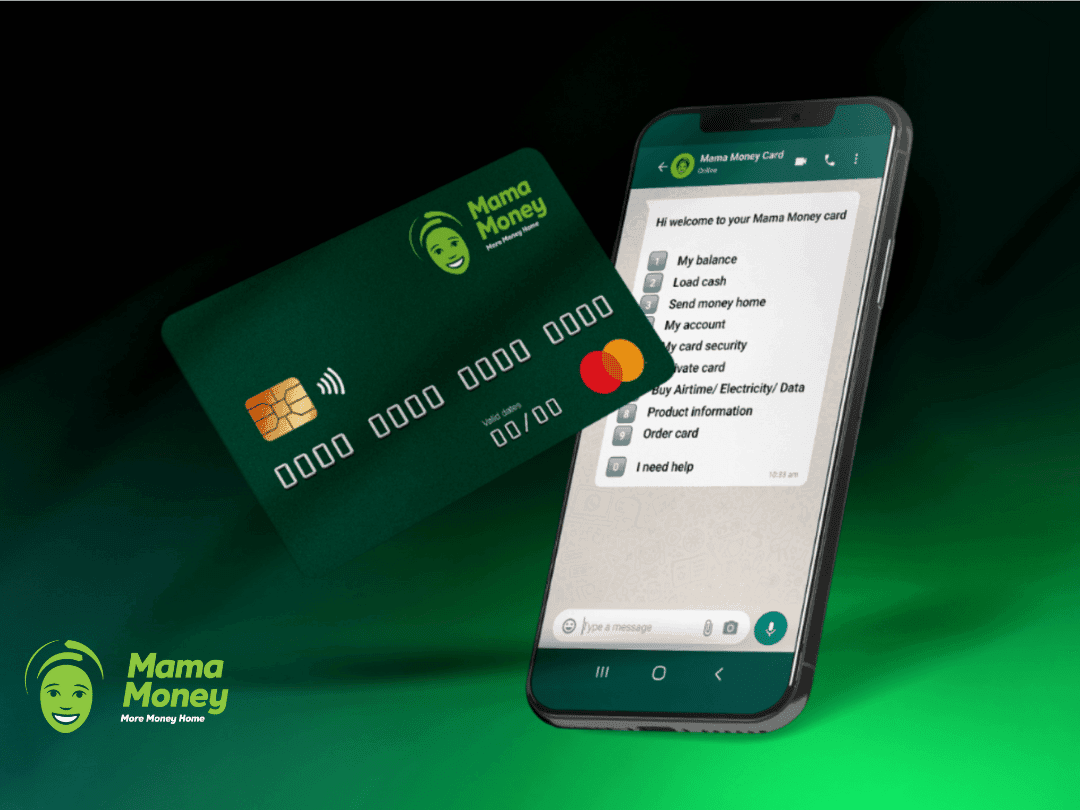A regular theme in the business world is vertical integration. In recent times, we have seen businesses add a different line of business to their core business model. An example would be telecos venturing into the realm of financial services. This trend is not stopping anytime soon as Flutterwave unveils its ecommerce platform called Flutterwave Market.
Flutterwave Market is an extension of Flutterwave Store service that aims to aggregate a collection of merchant stores in one place. Flutterwave Store service was launched with the aim of keeping the lights on for small businesses following lockdown due to Covid-19 pandemic across various countries. The company also claims that the ecommerce solution has grown to over 30,000 businesses since its launch in 2020.
Flutterwave's latest innovation brings e-commerce a step closer to the brand’s merchants and their customers the company said. The aim of the new Flutterwave Market, the company added "is to help merchants reach new customers and ultimately increase sales and revenue."
"This will not only make it easier for customers to shop from a range of Flutterwave Store merchants, but will also enable customers to seamlessly shop across a variety of products from different businesses at their convenience."
Speaking on the latest development, Olugbenga ‘GB’ Agboola, Founder and Chief Executive Officer of Flutterwave said, “This is an exciting next chapter for the Flutterwave brand, and we’re excited to introduce this new marketplace experience to our merchants worldwide. Flutterwave Market is a fully functional e-commerce service that serves as a megastore where buyers can purchase a variety of goods from multiple sellers under one roof.”

GB continued: “Since the successful launch of Flutterwave Store, we have listened to our customers and acted on what they need to scale their businesses. Launching the new marketplace will transform their business, taking it to the next stage of growth. Flutterwave Market is for us a way to create endless possibilities for our Flutterwave Store users. We’re not merely aggregating existing stores, we’re positioning them to make more sales.”
Recent data from Statista shows that as of 2020, the number of digital buyers in Africa experienced an increase to 281 million. The number of e-commerce users in the continent is also estimated to grow significantly, reaching over 334 million in 2021. By 2025, they could be roughly 520 million, almost doubling the number in 2019.
Nigeria in focus
GDP: $432.294 billion in 2020 compared to $448.12 billion in 2019
Population: 206,139,587 in 2020 compared to 200,963,03 in 2019
GDP per capita: $2,097 in 2020 compared to $2,229 in 2019










